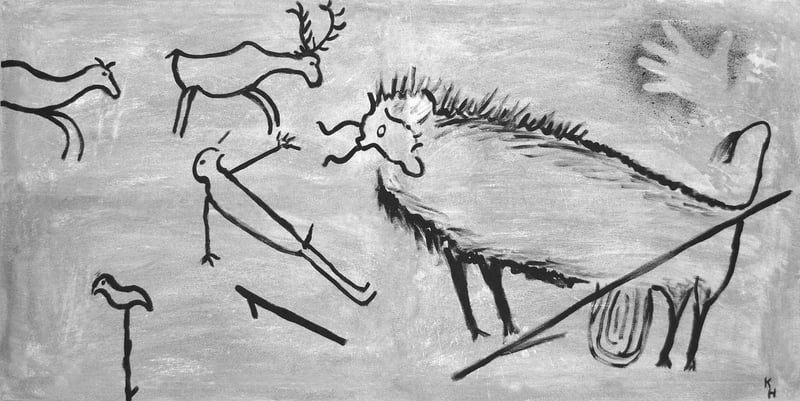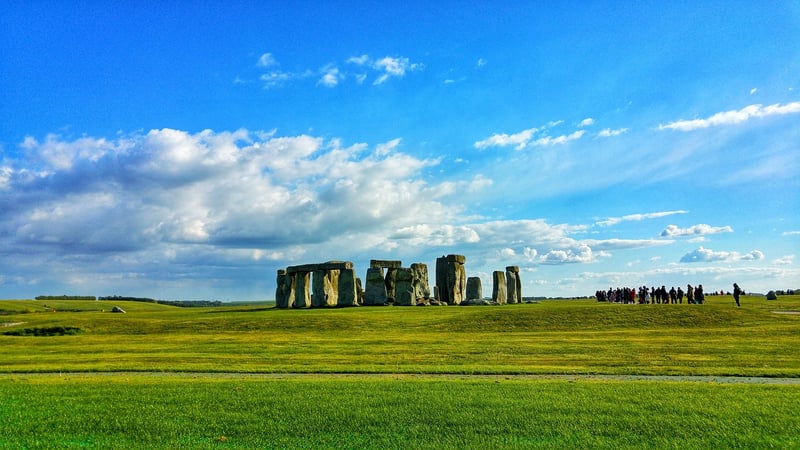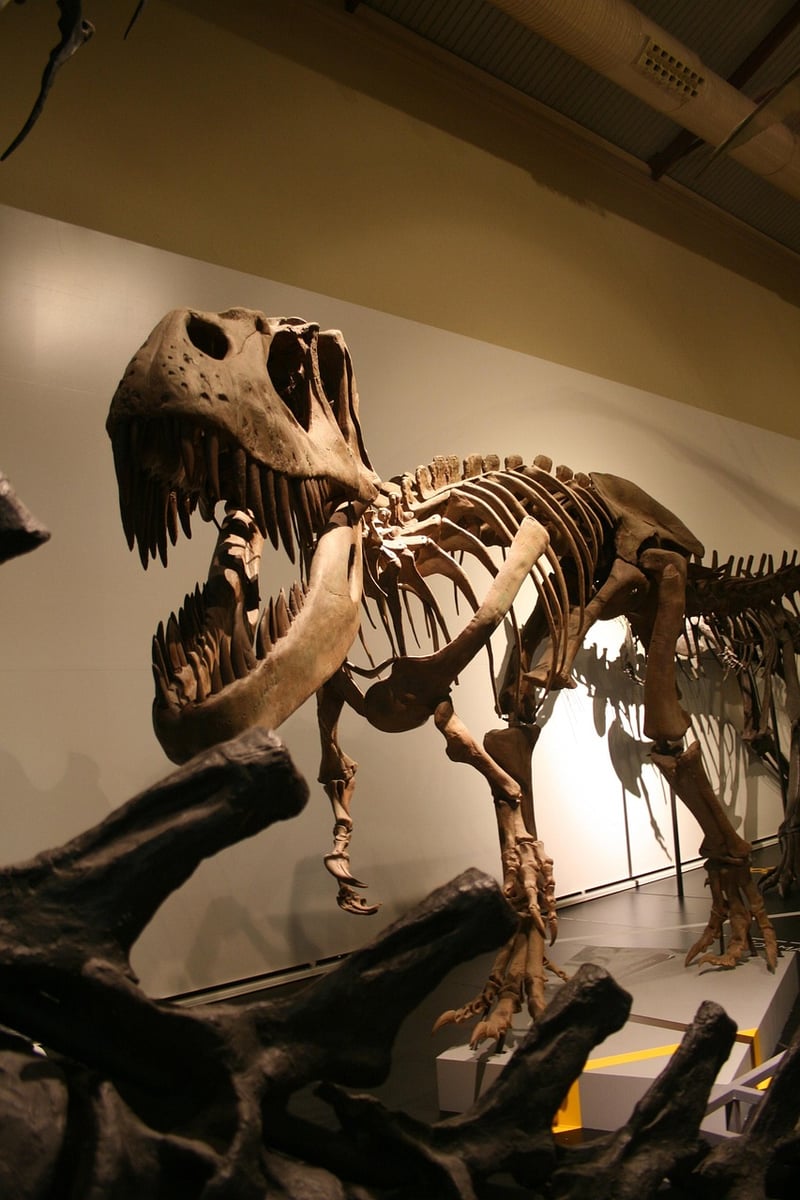Prehistoric Eras
Unraveling the Mysteries of the Prehistoric Eras
Exploring the past is an exciting journey filled with wonder and fascination. The Prehistoric Eras, in particular, hold a special allure as they represent a time long before written history. Let's delve into the mysteries of these ancient periods and uncover the secrets of our distant past.
The Paleolithic Era
The Paleolithic Era, also known as the Old Stone Age, dates back to around 2.5 million years ago and extends until about 10,000 years ago. During this time, early humans relied on stone tools and were primarily hunter-gatherers. Cave paintings, such as those found in Lascaux, France, provide a glimpse into the lives of our ancestors.

The Mesolithic Era
The Mesolithic Era, or Middle Stone Age, followed the Paleolithic Era and lasted from approximately 10,000 to 5,000 years ago. This period marked a transition towards more complex tools and the beginning of settled communities. Humans started to engage in activities such as fishing and pottery making.
The Neolithic Era
The Neolithic Era, or New Stone Age, spanned from around 5,000 to 2,000 years ago. It was characterized by the development of agriculture, leading to the rise of farming communities and the domestication of animals. This shift laid the foundation for more permanent settlements and the dawn of civilization.
Exploring Prehistoric Sites
Today, archaeologists continue to unearth fascinating discoveries from the Prehistoric Eras at sites around the world. From Stonehenge in England to Çatalhöyük in Turkey, these ancient remnants offer valuable insights into the lives and cultures of our ancestors.

Understanding Our Roots
Studying the Prehistoric Eras allows us to better understand our origins as a species and appreciate the remarkable journey that has led us to where we are today. By piecing together the fragments of our past, we gain a deeper appreciation for the complexities of human history.
Embark on your own exploration of the Prehistoric Eras and unlock the mysteries of our ancient past!
